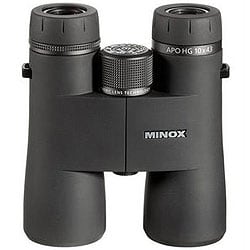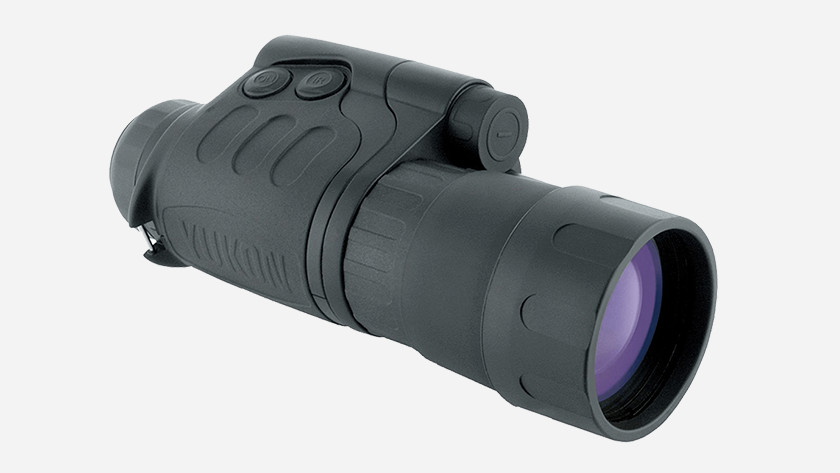A Full Overview to Recognizing Binoculars Magnifying and Quality
A Full Overview to Recognizing Binoculars Magnifying and Quality
Blog Article
The Significance of Binoculars in Education And Learning and Scientific Research: Just How These Optical Instruments Contribute to Understanding and Expedition
The combination of field glasses right into academic settings and scientific research study is often neglected, yet their contribution to enhancing observational skills is significant. In disciplines ranging from environmental science to astronomy, binoculars serve as important tools that promote inquiry and vital thinking.
Enhancing Observational Skills
In educational and research settings, using field glasses significantly boosts observational skills amongst pupils and practitioners alike. These optical tools promote a much deeper understanding of far-off subjects, making it possible for customers to observe information that would otherwise continue to be hidden. By utilizing binoculars, students can take a look at wildlife, astronomical sensations, and geological developments, promoting a much more extensive link to the subject.
Field glasses serve as vital tools in area research studies, motivating trainees to involve actively with their environment. Via boosted observation, they can gather information much more effectively, causing enhanced analytical abilities. This hands-on experience permits the advancement of important reasoning, as trainees need to interpret what they see and connect it to theoretical expertise.

Bridging Concept and Practice
Observational abilities created through making use of field glasses naturally result in a much more extensive assimilation of academic knowledge with useful application. By taking part in straight monitoring, students can transform abstract concepts into tangible experiences. This synergy promotes a much deeper understanding of clinical concepts as students link theoretical structures with real-world sensations.
For instance, when examining avian biology, trainees can apply their understanding of bird makeup and actions via the lens of binoculars, observing attributes such as plumage variation, feeding habits, and migratory patterns. This direct engagement not only reinforces academic principles however also grows important reasoning and analytical skills.
Moreover, using field glasses encourages students to create theories based upon their observations, therefore enhancing their scientific inquiry abilities. They can proactively check these hypotheses in the field, leading to an extra experiential understanding setting that advertises curiosity and expedition.
Basically, field glasses work as a vital tool in linking the gap in between classroom learning and fieldwork - Binoculars. They equip students to come to be active individuals in their education, urging an alternative method to recognizing the environment and its complexities. Hence, the integration of concept and technique is vital for promoting notified and involved learners
Applications in Environmental Scientific Research
Utilizing field glasses in ecological science boosts the ability to observe and examine environments with better accuracy. These optical tools are vital for conducting field researches, enabling researchers to keep an eye on wildlife populations, examine plant health, and review environment conditions without disrupting the native environment. Binoculars assist in the recognition of varieties at numerous ranges, allowing scientists to collect important information on biodiversity and behavior.
In environmental research study, field glasses are important devices for ornithologists researching bird actions and migration patterns. They enable researchers to record observations over extended periods, adding to beneficial longitudinal researches - Binoculars. Additionally, binoculars play a vital role in habitat analyses, as they enable the comprehensive observation of plant neighborhoods and their communications within ecological communities
Ecological instructors additionally take advantage of binoculars, as these tools enhance experiential discovering chances. Trainees can engage directly with their surroundings, promoting a much deeper admiration for eco-friendly systems. By including field glasses into educational programs, instructors can inspire the following generation of ecological scientists.
Role in Astronomy Education
Making use of field glasses in astronomy education and learning offers an easily accessible entrance for students and fanatics to discover holy phenomena (Binoculars). Unlike huge telescopes, binoculars are portable, straightforward, and relatively economical, making them an excellent introductory tool for observing the evening skies. Trainees can easily involve with the universes, cultivating a hands-on discovering experience that enhances their understanding of expensive ideas
Binoculars permit individuals to observe a variety of celestial items, including the Moon, worlds, and star collections. This availability encourages this hyperlink expedition and observation, vital components of clinical query. Students can establish crucial abilities such as data collection, monitoring techniques, and also basic astrometry. Notably, binoculars work as a bridge to much more intricate astronomical tools, providing fundamental experiences that can spark deeper rate of interest in the field.
In academic setups, guided binocular sessions can promote team cooperation and discussion, improving the finding out experience. The common experience of observing celestial objects can cultivate a important site feeling of area amongst learners. Generally, binoculars play a vital role in demystifying astronomy, making it approachable and appealing for people in all degrees of education and learning.

Motivating Interest and Inquiry
Field glasses not only assist in the monitoring of holy sensations but additionally ignite a sense of interest and questions among trainees. By supplying a more detailed take a look at far-off things, binoculars encourage learners to ask concerns and discover the setting around them. This tool transforms passive discovering into an active, interesting experience, cultivating a deeper understanding of scientific ideas.
When pupils make use of binoculars to observe wildlife, landscapes, or expensive objects, they develop observational abilities that are vital for scientific query. The act of focusing on specific information prompts them to develop hypotheses, carry out examinations, and reason based on their observations. This procedure not only boosts their essential thinking capacities yet additionally nurtures a lifelong interest for exploration.
Furthermore, binoculars can bridge the space in between academic expertise and real-world application. As students observe sensations firsthand, they can attach class learning to practical experiences, making education a lot more pertinent and significant. Inevitably, using binoculars in article source instructional setups functions as a catalyst for curiosity, empowering students to go after knowledge with enthusiasm and promoting a sense of question the globe around them. This way, binoculars play a vital function in motivating future generations of scientists and thinkers.
Final Thought
In recap, field glasses function as important devices in education and clinical research study, considerably improving observational abilities while bridging the void between academic expertise and functional application. Their varied applications in areas such as environmental science and astronomy underscore their significance in fostering interest and query amongst pupils. By facilitating in-depth assessments of far-off subjects, binoculars not only motivate the next generation of scientists but additionally cultivate an extensive recognition for expedition and the scientific method.
Report this page